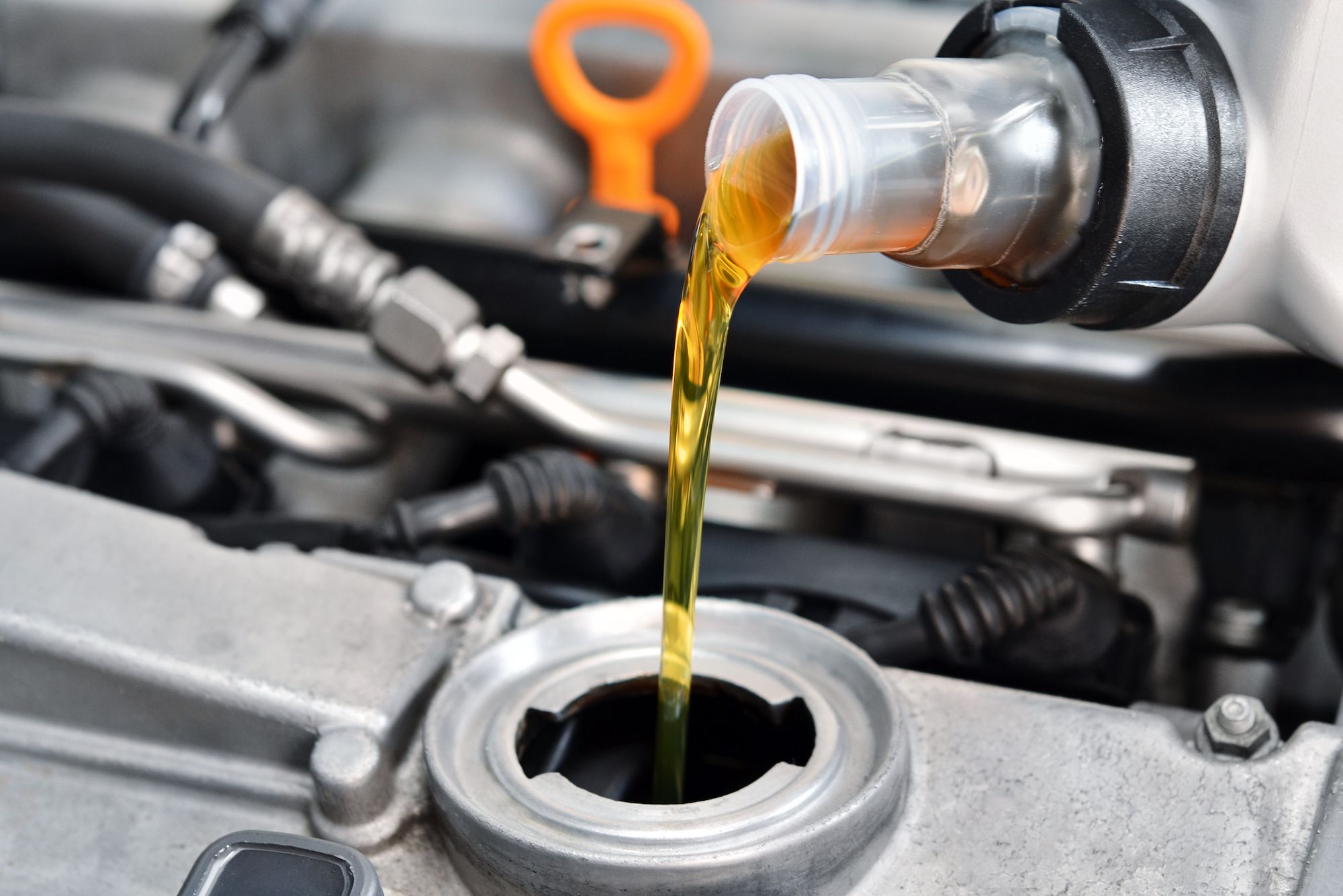All Categories
Featured
When your lorry experiences a significant malfunction, the cost of repair services can be an overwhelming economic factor to consider. Whether it's the failing of an essential system like the engine or transmission, or the need for comprehensive fixings to various parts, comprehending the aspects that affect fixing costs can help you make even more educated choices. Listed below, we lay out the key elements that add to the expense of major auto repairs.
![]()
![]()
![]()
Conclusion. A number of aspects influence the expense of major automobile repair services, consisting of the sort of repair, the make and version of your vehicle, the top quality of the parts utilized, labor costs, and the extent of the damage. Understanding these elements can aid you make even more enlightened decisions and prepare for the economic implications of automobile repair services. To decrease the probability of costly repair services, regular upkeep is crucial. By remaining on top of regular upkeep and addressing small problems before they escalate, you can decrease the chances of dealing with costly repairs in the future.

- Sort of Fixing. The primary aspect affecting the expense of vehicle repair services is the type of concern your car is experiencing. Some repair services are more straightforward and cost effective, such as changing a battery or alternator. Other repair services, like dealing with a malfunctioning transmission or resolving a serious engine problem, can be much much more expensive due to the complexity and specialized labor needed. Certain systems in a car, like the engine or transmission, need more time to fix and identify, which directly translates into greater labor fees. Additionally, some issues, such as electrical problems or air conditioning malfunctions, may entail fixing that increases the total expense.
- Automobile Make and Model. The make and version of your car plays a significant function in figuring out repair service costs. Luxury cars and high-performance lorries like BMWs, Audis, or Mercedes-Benz tend to have greater repair service costs due to the fact that of their specialized parts, advanced technology, and the proficiency required for their fixing.

- Components Quality and Schedule. The quality of the components made use of in the repair dramatically affects the expense. Original Equipment Maker (OEM) parts are commonly much more expensive than aftermarket components since they are made specifically for your vehicle and are guaranteed to meet manufacturing facility criteria. While OEM parts make sure quality and sturdiness, they usually come with a higher price tag. Aftermarket components may be much less costly yet can vary in high quality. In many cases, cheaper aftermarket components may reduce the total repair work expense, but they might not give the very same durability as OEM parts, which could result in added repairs down the road. The accessibility of components, specifically for older or uncommon lorries, can likewise influence the expense. If parts are tough to discover, it may take longer to finish the repair work, leading to higher labor costs.
- Labor Prices. Labor is one of the largest costs when it comes to car repairs. Auto mechanics usually charge by the hour, and repair times can differ depending on the complexity of the issue. Some fixings, such as engine overhauls or transmission fixes, may call for a number of hours or also days of labor, substantially enhancing the complete cost. Labor prices likewise depend upon the area of the repair service store-- technicians in city areas or high-demand areas may bill higher rates as a result of the price of living and expenses. Furthermore, specialized repair work for complicated systems might require more skilled professionals, whose per hour rates tend to be greater.
- Extent of the Damages. The level of the damage is one more critical variable influencing repair work expenses. If the damage is constrained to one component of the car, such as a damaged alternator or damaged brake pads, the repair will normally be less pricey.
- Automobile Age and Problem. The age and overall problem of your vehicle play a substantial duty in the expense of repair services. Well-maintained cars often tend to have lower fixing costs since their systems are in better working problem, requiring fewer and less costly repairs.
- Store Location and Track Record. The fixing shop you select can likewise influence the expense of your repair work. Furthermore, repair service stores that specialize in certain brands or kinds of fixings might charge much more for their experience.

- Warranty and Insurance Protection. If your cars and truck is still under service warranty, significant repair services may be covered, which can substantially lower your out-of-pocket expenses. Additionally, if the damages is caused by a mishap or external aspect, your auto insurance might cover the repair work prices, less any kind of deductible.
Conclusion. A number of aspects influence the expense of major automobile repair services, consisting of the sort of repair, the make and version of your vehicle, the top quality of the parts utilized, labor costs, and the extent of the damage. Understanding these elements can aid you make even more enlightened decisions and prepare for the economic implications of automobile repair services. To decrease the probability of costly repair services, regular upkeep is crucial. By remaining on top of regular upkeep and addressing small problems before they escalate, you can decrease the chances of dealing with costly repairs in the future.
Latest Posts
Experience Coastal Sophistication at Deauville Inn
Published Apr 20, 25
1 min read
A Historic Coastline Location with Modern Delights
Published Apr 17, 25
1 min read
Experience Coastal Elegance at Deauville Inn
Published Apr 06, 25
1 min read